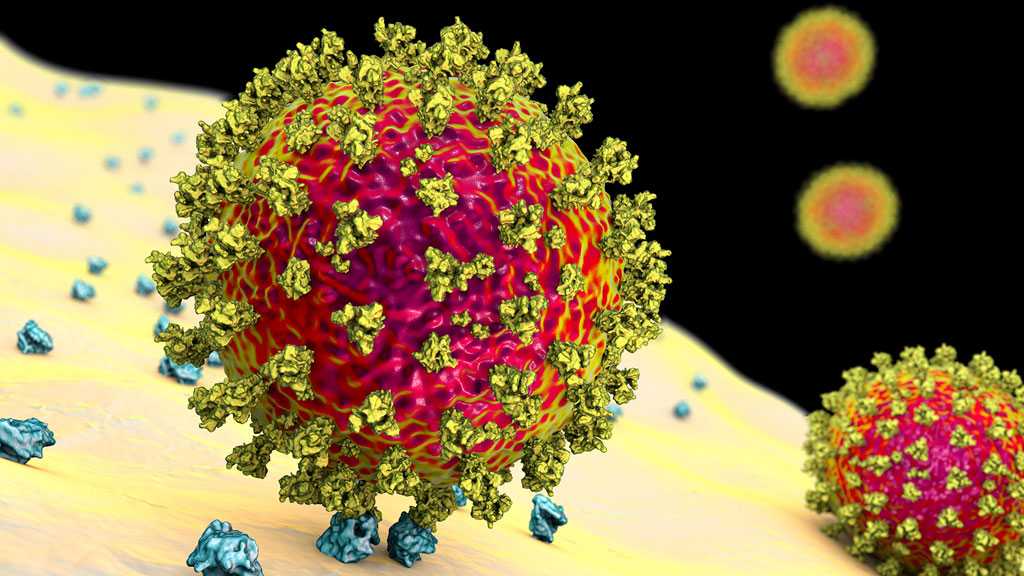
Worrying New Coronavirus Variant Discovered In New York City

By Staff, Agencies
Two separate teams of researchers said this week they have found a worrying new coronavirus variant in New York City and elsewhere in the Northeast that carries mutations that help it evade the body's natural immune response, as well as the effects of monoclonal antibody treatments.
Genomics researchers named the variant B.1.526. It appears in people affected in diverse neighborhoods of New York City, they said, and is "scattered in the Northeast."
One of the mutations in this variant is the same concerning change found in the variant first seen in South Africa and known as B.1.351. It appears to evade, somewhat, the body's response to vaccines, as well. And it's becoming more common.
"We observed a steady increase in the detection rate from late December to mid-February, with an alarming rise to 12.7% in the past two weeks," one team, at Columbia University Medical Center, write in a report that has yet to be published, although it is scheduled to appear in pre-print version this week.
It's the latest of a growing number of viral variants that have arisen in the US, which has had more coronavirus cases -- 28 million -- than any other country and where spread is still intense.
It's "home grown, presumably in New York," Dr. David Ho, Director of the Aaron Diamond AIDS Research Center at Columbia, who led the study team, said by email.
Viruses mutate all the time. The more people who are infected, and the longer they are infected, the more chance the viruses have to change. A patient's body will be loaded with billions of copies of a virus, and may be slightly changed, or mutated. Most will come and go.
But sometimes a mutation or pattern of mutations takes hold and gets passed along. If viruses with such patterns become more common, they're called variants. Again, it's not unusual for variants to arise but if they give the virus worrying properties, such as better transmissibility or the ability to evade treatments and vaccines, that's when doctors start to worry.
The mutation in this variant that most concerns researchers is called E484K and it gives the virus the ability to slip past some of the body's immune response, as well as the authorized monoclonal antibody treatments. This mutation is popping up independently in many different cases but appears in one particular variant, as well -- the one called B.1.526.
Separately, a team at the California Institute of Technology said they developed a software tool that also spotted the rise of B.1.526 in New York. "It appears that the frequency of lineage B.1.526 has increased rapidly in New York," they wrote in a pre-print -- a report that has not been peer-reviewed but has been posted online.
On Tuesday, two teams reported on another variant that appears to be on the rise in California.
They fear that the variant might not only be more contagious, but may cause more severe disease, as well. As with the New York reports, their research is in its very early stages, has not been published or peer reviewed, and needs more work.
Comments
- Related News



